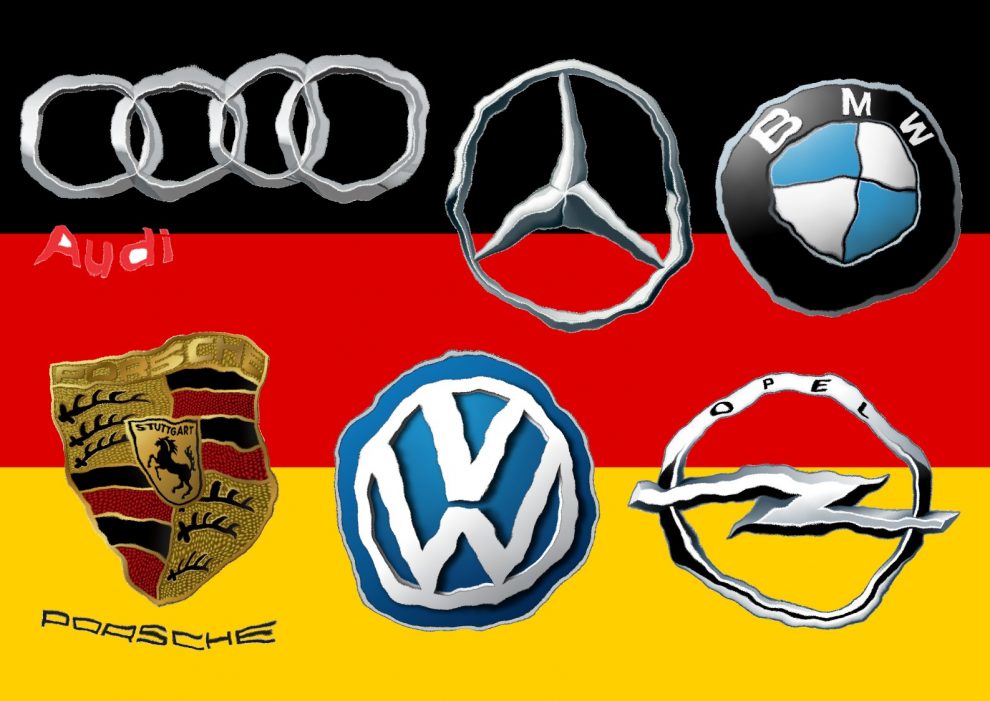The halt in affordable Russian gas has severely impacted Germany’s automotive sector, leading to factory closures, job cuts, and declining stock values, highlighting the urgent need for energy policy reform to protect its economy.
Germany’s automotive sector is in crisis as the cutoff of affordable Russian gas has sharply increased energy costs, leading to factory shutdowns, massive layoffs, and a significant drop in stock values for major automakers like Volkswagen, Mercedes, and BMW. This energy dependency reveals Germany’s economic fragility, with rising costs undermining both production and investor confidence. Without stable energy supplies, Germany’s industrial competitiveness is at risk, making it increasingly urgent for the country to reform its energy policies to sustain its economic foundation.
One of Europe’s largest economies, Germany, continues to lose ground in its automotive sector. With the halt in affordable Russian gas supplies, Germany faces significantly increased energy costs, affecting industries across the board. Factories are at risk of closure, and tens of thousands of workers are facing potential layoffs. The automotive sector, highly reliant on energy, is particularly strained by rising costs and shrinking demand.
Automotive Giants Suffer Major Losses
Germany’s “Big Three” automakers—Volkswagen, Mercedes, and BMW—have experienced significant stock declines over the past six months, with Volkswagen shares dropping by 30%, Mercedes by 20%, and BMW by 10%. These sharp declines expose just how dependent Germany’s automotive industry is on affordable energy.
The central role of Russian gas in Germany’s economic structure has now become clear. For years, Germany benefited from a reliable and inexpensive energy source, but the loss of this resource has placed intense cost pressure on various industries, leading to factory shutdowns and job cuts, especially in energy-dependent sectors.
The Extent of the Crisis in the Automotive Sector
For Germany’s automotive sector, rising energy costs not only increase production expenses but also erode investor confidence. Experts point out that Germany’s economy is highly reliant on energy costs, and the gas crisis has inflicted substantial damage on industrial production. The halt in Russian gas imports has begun to threaten Germany’s competitive edge in manufacturing.
Exposing the Fragility of the German Economy
The sustainability of an economy built on cheap energy is increasingly questioned, and calls for significant change in Germany’s energy policy are growing louder. This crisis has highlighted how fragile Germany’s economic framework is and how dependent it has become on Russian energy.
With the cutoff of Russian gas, Germany faces a new economic era. Without securing energy supplies, it will be challenging for the country to return to previous levels of industrial production. As long as energy costs remain high, losses in the automotive sector are expected to continue.






